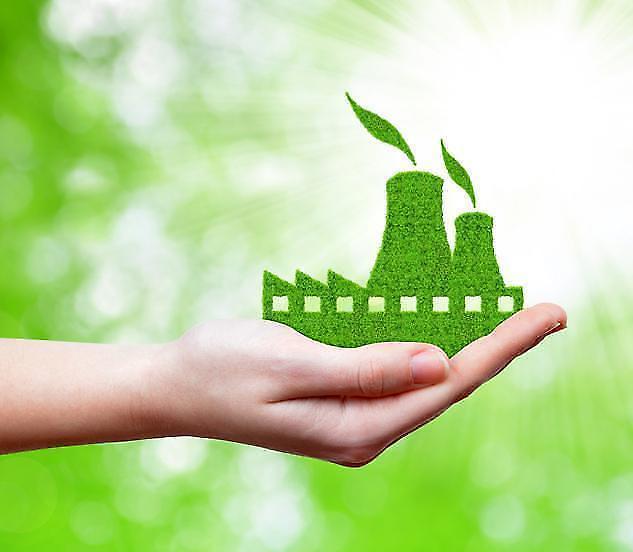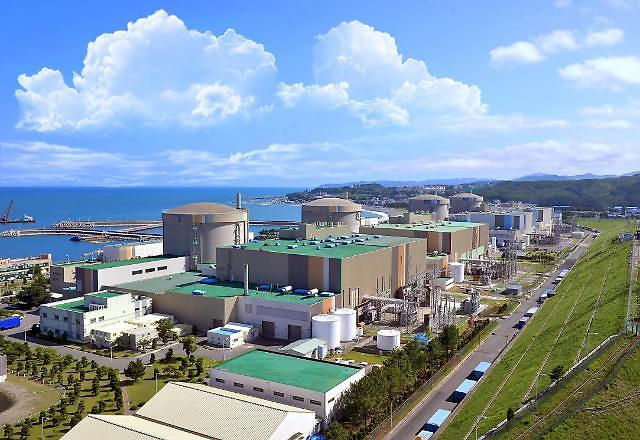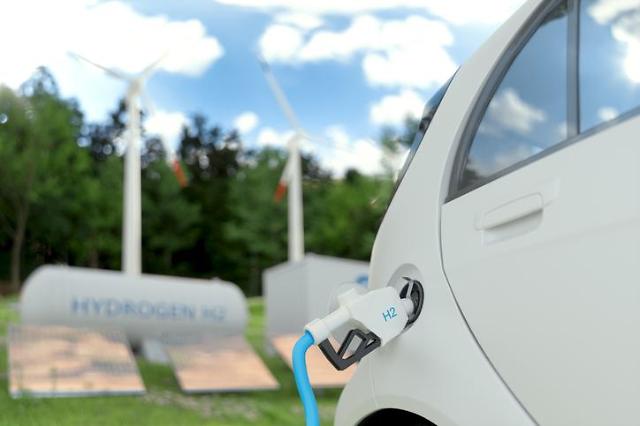
[Gettyimages Bank]]
The new energy roadmap endorsed at a cabinet meeting on July 5 highlighted internal and external uncertainties such as the Russia-Ukraine war that disrupted a global energy supply chain and prompted major countries to reset their energy policies.
Energy is emerging as a key element of national security and carbon neutrality, the Ministry of Trade, Industry and Energy said, adding that the new roadmap would replace the previous government's policy of phasing out nuclear power plants "internally and externally."
"In particular, the government has formulated a policy to increase the utilization of nuclear power plants for carbon neutrality and energy security by increasing the proportion of nuclear power plants to more than 30 percent in 2030" from 27.4 percent in 2021, the ministry said in a statement.
Calculation was based on the assumption that the normal operation of 24 nuclear power plants in service would be ensured and the construction of four more plants would be completed without a hitch. However, the ministry gave no clear timetable on coal power generation, saying only that reductions would be induced.
Decisions on the proportion of renewable energy such as solar and wind power plants will be made in the fourth quarter of 2022, the ministry said, predicting that South Korea's dependence on fossil fuel imports would decrease to 60 percent by 2030 from 81.8 percent in 2021.
The previous government's energy policy has caused controversy over rationality and transparency, the ministry said, vowing to restore the vitality of South Korea's nuclear power plant ecosystem by exporting 10 nuclear power plants by 2030 and investing about 400 billion won ($307 million) to develop a homemade small modular reactor (SMR).
Moon Jae-in, a liberal ex-president who completed his five-year term on May 10, has prioritized the establishment of infrastructure for renewable energy and a hydrogen economy in an effort to achieve net-zero carbon dioxide emissions and decrease the number of nuclear power plants to 14 in 2038. His conservative successor, Yoon Suk-yeol, has vowed to actively revitalize South Korea's struggling nuclear power industry.
Yoon has pledged full support for the introduction of SMRs, which have been studied to address the limitations of traditional light-water reactors using low-enriched uranium that cost a lot to replace nuclear fuel and require a vast emergency evacuation zone, nonproliferation and waste management.
Small reactors designed with modular technology allow for less on-site construction, increased containment efficiency, and enhanced safety. Environmental activists who have campaigned for the dismantlement of hazardous nuclear facilities, big or small.
Yoon's government would prepare a special law for the disposal of high-level radioactive waste and establish a control tower to take charge of related tasks. There have been growing concerns about nuclear waste and the management of spent fuel because Washington refused to ease restrictions on the development of reprocessing facilities to acquire enriched uranium as fuel.
Copyright ⓒ Aju Press All rights reserved.


![[FOCUS] Doosan Enerbility awaits new energy roadmap from next president Yoon](https://image.ajunews.com/content/image/2022/04/06/20220406135434486233.jpg)

View more comments